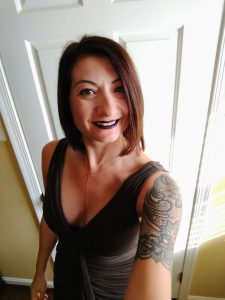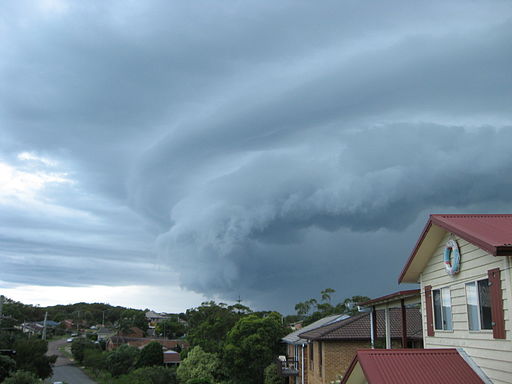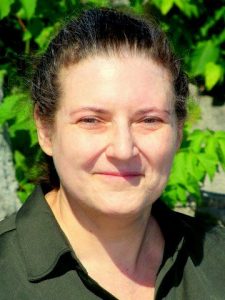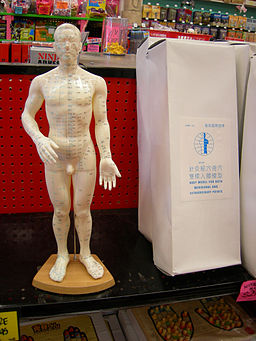Ocean
I’ve got insomnia
again. I lay awake
for hours, listening
to the fan whirl
as my thoughts swim
round and round to you.
You’re six hours
behind so when I can’t
sleep we text, the quiet
pinging of your incoming
message the whale song
I listen for. We tread
carefully but each message
has an undercurrent. We wade
deeper into these waters, aware
of the rip tide threatening below.
I split my life between two
oceans, split my body between
two pairs of hands – floating
toward the current, my heart
underwater, the hands
capable of saving
or drowning me.
Shelter
His voice is a storm
I’ve learned to weather.
He lives in a state of tornado
watches and hurricane warnings.
The sun hidden by storm
clouds for so long my skin
has grown pale and translucent.
A ghost-girl growing cold,
my blue blood pumping slowly.
I zip up my raincoat, my parka,
my all-weather jacket. I brace
myself for the torrent
of words and rage he’ll throw
at me. The anger raining down,
stinging my skin, invisible
cuts that will never quite heal
but will sing with pain every
time lightning strikes.
I’ve started seeking shelter elsewhere,
finding warmth and words from another
mouth. His hands never curl into thunder-
fists, his tongue never spins
an uncontrolled storm. I shed
my layers, find the sun in his skin.
Lay content in his clear skies.
 Courtney LeBlanc is the author of the chapbooks All in the Family (Bottlecap Press) and The Violence Within (forthcoming, Flutter Press) and is an MFA candidate at Queens University of Charlotte. Her poetry is published or forthcoming in Public Pool, Rising Phoenix Review, The Legendary, Germ Magazine, Glass, Brain Mill Press, and others. She loves nail polish, wine, and tattoos. Read her blog at www.wordperv.com, follow her on twitter: @wordperv, or find her on facebook: www.facebook.com/poetry.CourtneyLeBlanc.
Courtney LeBlanc is the author of the chapbooks All in the Family (Bottlecap Press) and The Violence Within (forthcoming, Flutter Press) and is an MFA candidate at Queens University of Charlotte. Her poetry is published or forthcoming in Public Pool, Rising Phoenix Review, The Legendary, Germ Magazine, Glass, Brain Mill Press, and others. She loves nail polish, wine, and tattoos. Read her blog at www.wordperv.com, follow her on twitter: @wordperv, or find her on facebook: www.facebook.com/poetry.CourtneyLeBlanc.
Image by Warrenlead69 (Own work) [GFDL (http://www.gnu.org/copyleft/fdl.html) or CC BY-SA 4.0-3.0-2.5-2.0-1.0 (https://creativecommons.org/licenses/by-sa/4.0-3.0-2.5-2.0-1.0)], via Wikimedia Commons


 David Allen Sullivan’s books include: Strong-Armed Angels, Every Seed of the Pomegranate, a book of co-translation with Abbas Kadhim from the Arabic of Iraqi Adnan Al-Sayegh, Bombs Have Not Breakfasted Yet, and Black Ice. Most recently, he won the Mary Ballard Chapbook poetry prize for Take Wing. He teaches at Cabrillo College, where he edits the Porter Gulch Review with his students, and lives in Santa Cruz with his family. His poetry website is:
David Allen Sullivan’s books include: Strong-Armed Angels, Every Seed of the Pomegranate, a book of co-translation with Abbas Kadhim from the Arabic of Iraqi Adnan Al-Sayegh, Bombs Have Not Breakfasted Yet, and Black Ice. Most recently, he won the Mary Ballard Chapbook poetry prize for Take Wing. He teaches at Cabrillo College, where he edits the Porter Gulch Review with his students, and lives in Santa Cruz with his family. His poetry website is:
 Carol Poster is the author of three chapbooks of poetry, most recently Returning to Dust (Finishing Line Press 2017), and verse translations from Latin, Classical Greek, and French. She has also published three books of commercial nonfiction and currently lives in Tucson, Arizona where she works as a freelance writer and photographer. Her books can be found at:
Carol Poster is the author of three chapbooks of poetry, most recently Returning to Dust (Finishing Line Press 2017), and verse translations from Latin, Classical Greek, and French. She has also published three books of commercial nonfiction and currently lives in Tucson, Arizona where she works as a freelance writer and photographer. Her books can be found at: 
 Maryhelen Snyder (Mel) has been writing poetry and prose for over 75 of her 85 years of experiencing the joy and complexity of being alive. She was named the 2016 Poet of the Year by Passager which also published her most recent book, Never the Loss of Wings. Among the poets she carries in her heart is Emily Dickinson who could express the inexpressible in lines such as this one: “A perfect — paralyzing Bliss —//Contented as Despair —”
Maryhelen Snyder (Mel) has been writing poetry and prose for over 75 of her 85 years of experiencing the joy and complexity of being alive. She was named the 2016 Poet of the Year by Passager which also published her most recent book, Never the Loss of Wings. Among the poets she carries in her heart is Emily Dickinson who could express the inexpressible in lines such as this one: “A perfect — paralyzing Bliss —//Contented as Despair —”
 Jacqueline Jules is the author of three chapbooks, Field Trip to the Museum (Finishing Line Press), Stronger Than Cleopatra (ELJ Publications), and Itzhak Perlman’s Broken String (Winner, Helen Kay Chapbook Prize 2016). Her work has appeared in over 100 publications including Burgeon, Gargoyle, Beltway Poetry, Innisfree Poetry Journal, Little Patuxent Review, and The Broadkill Review. Visit her online at
Jacqueline Jules is the author of three chapbooks, Field Trip to the Museum (Finishing Line Press), Stronger Than Cleopatra (ELJ Publications), and Itzhak Perlman’s Broken String (Winner, Helen Kay Chapbook Prize 2016). Her work has appeared in over 100 publications including Burgeon, Gargoyle, Beltway Poetry, Innisfree Poetry Journal, Little Patuxent Review, and The Broadkill Review. Visit her online at